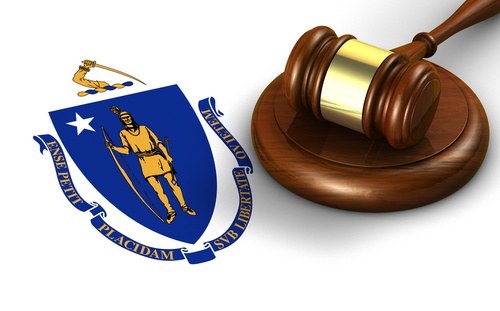In the world of estate planning and probate, terminologies can carry significant legal weight. In Massachusetts, a notable shift has occurred in recent years. The term “Executor” has been replaced with the more encompassing term “Personal Representative.” Let’s explore this change and what it means for those involved in estate matters in the Bay State.
A Modernized Terminology
Traditionally, the term “Executor” referred to the individual named in a will that oversees the administration of an estate. However, Massachusetts has recognized the need for a more inclusive and gender-neutral term. The transition from “Executor” to “Personal Representative” reflects the evolving nature of our legal language.
The Significance of the Change
The shift from “Executor” to “Personal Representative” holds several important implications:
Inclusivity: The term “Executor” was traditionally associated with a male figure, while “Personal Representative” is a gender-neutral term. This change reflects a commitment to inclusivity and acknowledges that individuals of any gender can fulfill this crucial role.
Clarity: The new terminology provides greater clarity and eliminates potential confusion regarding the role. “Personal Representative” encompasses a broader range of duties, making it a more accurate description of the responsibilities involved.
Alignment with Modern Values: Massachusetts, like many states, recognizes the importance of adapting legal language to align with modern societal values. The change to “Personal Representative” is consistent with the state’s commitment to ensuring that the law serves everyone equitably.
What Does a Personal Representative Do?
The responsibilities remain largely the same whether called an Executor or a Personal Representative. The individual appointed in this role is tasked with managing the deceased person’s estate, paying off debts and taxes, and ultimately distributing assets to heirs or beneficiaries. The shift in terminology does not alter these fundamental duties but rather aims to make the terminology more inclusive and accessible.
Transitioning to “Personal Representative”
If you’re currently involved in estate planning or probate matters in Massachusetts, you should know about this terminology shift. When creating or updating your estate plan, consider using the term “Personal Representative” to ensure your documents reflect the current legal language.
In conclusion, Massachusetts’ transition from “Executor” to “Personal Representative” is a small but significant change in the legal landscape. It emphasizes inclusivity, clarity, and alignment with contemporary values while preserving the essential role of individuals responsible for managing estates. This shift serves as a reminder that the law is a dynamic entity that adapts to serve its citizens better, and the term “Personal Representative” reflects those evolving principles.


